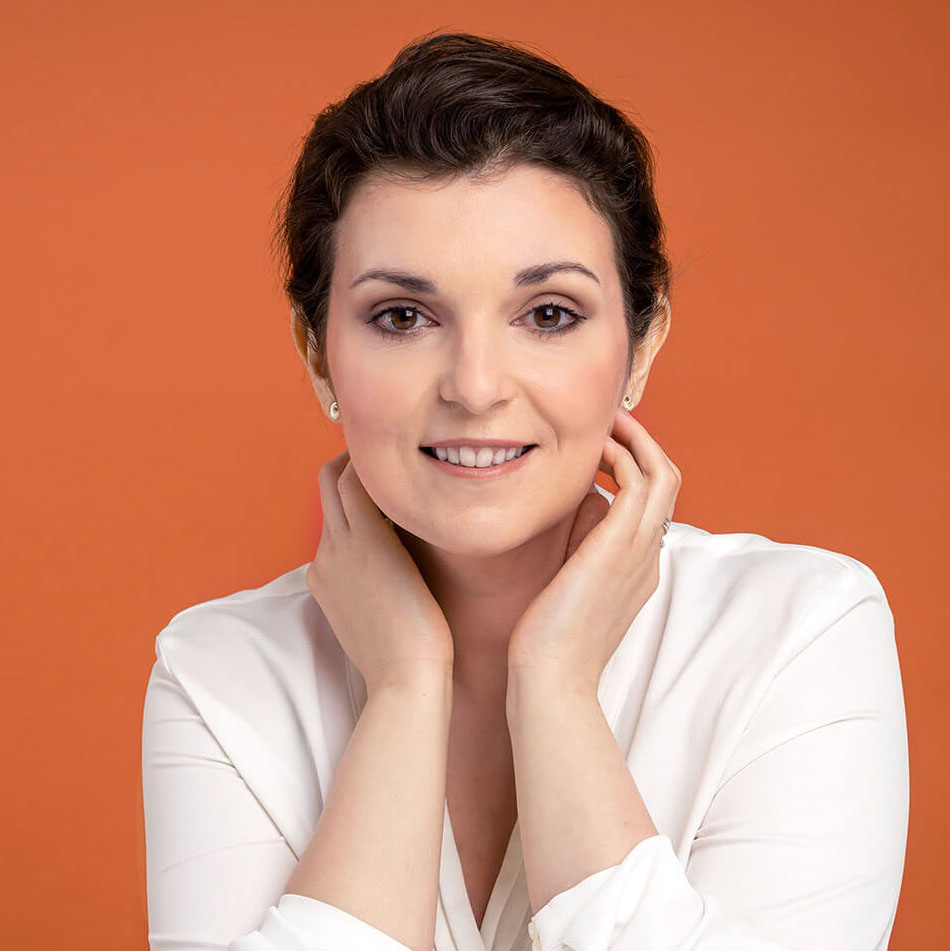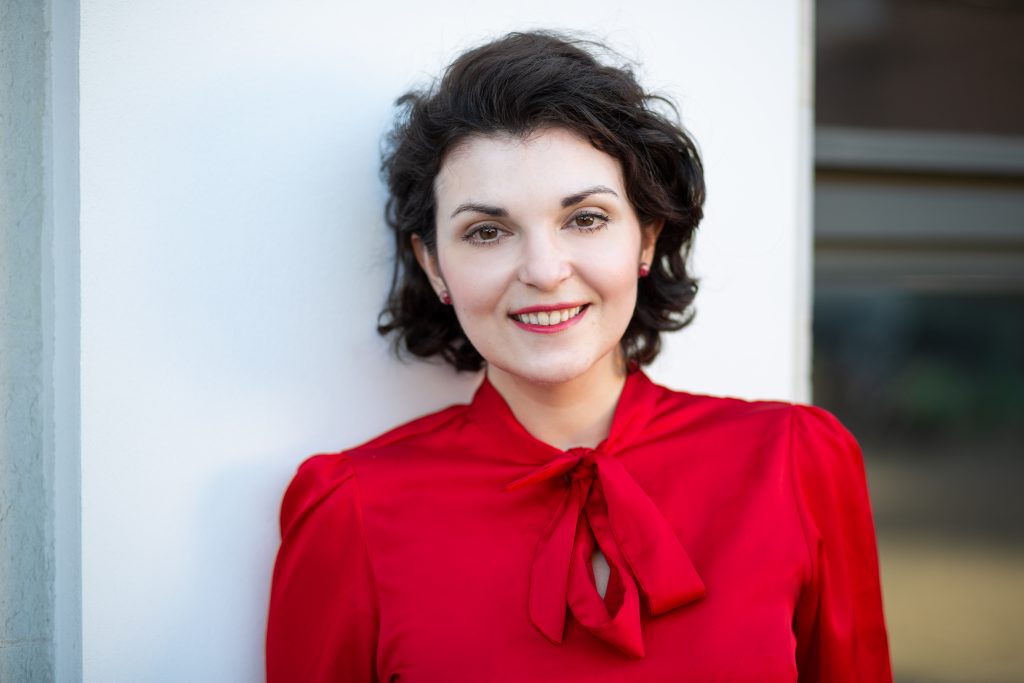Natalya Nepomnyashcha (she/her)
I wanted to change something in Germany because I myself grew up in poverty and had a difficult life. That's why I founded Netzwerk Chancen.

Born in Kiev in 1989, Natalya Nepomnyashcha grew up in a socially deprived area in Bavaria. Without ever having completed high school, she graduated with a master’s degree in the United Kingdom in 2012. After studying international relations, she worked for one of the world’s largest management consultancies and an NGO from West Africa, among others.
In 2016, she founded Netzwerk Chancen on the side. The social enterprise offers an idealistic support program for social climbers* aged 18-39 and collaborates with potential employers. At the same time, the initiative advocates for social background to be recognized as a diversity factor. Natalya Nepomnyashcha runs the organization on a volunteer basis in addition to her full-time job.
Abolish the multi-unit school system and instead introduce very good community schools with individual support across the country. Studies show that we often pigeonhole children based on their social background and thus create barriers in the form of different types of schools. These should be abolished.
I wanted to change something in Germany because I myself grew up in poverty and had a difficult life. That’s why I founded Netzwerk Chancen. We support young people aged 18-39 free of charge with workshops, coaching, mentoring and job offers from our corporate partners. We were the first in Germany to advocate that social origin be recognized and lived as a diversity factor. That’s why we also support companies in becoming socially diverse by advising them and bringing them together with our members.
For me, diversity means valuing each person in their individuality and creating an atmosphere in which the most diverse people feel comfortable.
On the one hand, social origin cannot be seen at first glance. That makes the dimension harder to grasp. On the other hand, the topic is not yet sexy enough. Companies often don’t understand what valuable employees’ social climbers are. Yet their path makes them very assertive, solution-oriented and flexible. As Netzwerk Chancen, we are working to make the topic attractive.
The topic of marketing plays an enormous role in the area of diversity. Hardly any company today can afford not to publicly stand up for diversity. I had to learn to distinguish between those who really care about the issue and those who do it more for marketing reasons.

